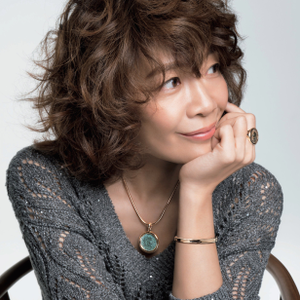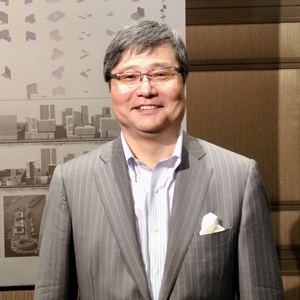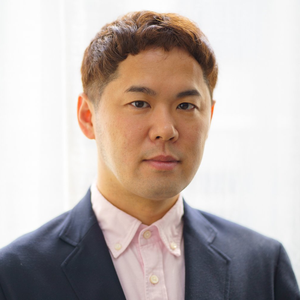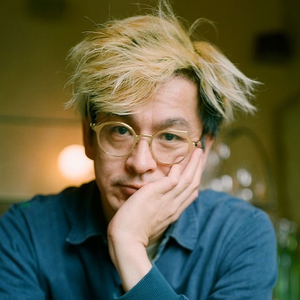The original term for manga (漫画) can be read as "pictures run riot". Manga refers to a Japanese visual narrative art form that has grown over the last 100 years to become a global phenomenon. Initially meaning comics and graphic novels, manga has expanded beyond its original hand-drawn forms to include a variety of expressions including digital, art, fashion, and new media, and has an immense international reach. It is popular with people of all ages both in Japan and globally. And it is big business: the turnover of the domestic Japanese manga industry alone in 2023 was approximately 693 billion yen.
Manga as an industry is rapidly developing to keep pace with new consumer markets, developing technologies, and a growing global reach.
At the core of the industry is of course the manga artist themselves. To help us begin to understand this important phenomenon, the prize-winning manga artist, Mari Yamazaki, will discuss her practice, identity as an artist who creates manga, her motivations, and the challenges in drawing manga to a grueling schedule. Tsutomu Horiuchi will guide the discussion with Mari Yamazaki helping to elucidate what it means to be a manga artist in today's world.
Supporting the manga artists to help bring their manga to print is of course the editors, the publishing firms, the printing companies, lawyers, and creatives. Shifts in drawing practices from brush, pencil, and pen to digital, and distribution from paper to digital have ramifications for the industry as a whole and open new possibilities for the companies that can adapt to these new realities.
The discussion that follows involves three specialists at the forefront of these new practices.
- Shuhei Hosono is editor-in-chief of the innovative Shonen Jump +, an online manga platform that is updated daily. Launched in 2014 by Shueisha, it is a veteran in the digital field of manga distribution. Starting in 2019, many manga of Jump group received a simultaneous release all over the world except for Japan, China, and Korea in nine languages including English on MANGA Plus by Shueisha. Along with digital releases especially in overseas markets comes increased challenges from piracy and other copyright infringements.
- Here to discuss this often neglected but strategic aspect of manga publishing is the attorney at law, Kensaku Fukui. He is an advisor to many publishing companies and creatives focusing on intellectual property, copyright, and of course issues pertaining to piracy.
- The third panel member is Masashi 'Kinpachi' Okamoto, a publishing house creative who after working many years with manga publication, archives, and display has come up with a new initiative to address the issue of collecting manga. Shueisha Manga-Art Heritage digitally captures high-quality original manga drawings, re-touches them when necessary, with the artist's permission, and prints them in limited quantities with special processes on archival paper and links each work to the blockchain network for certification.
- Nicole Rousmaniere leads the discussion to enable the audience to gain a deeper insight into the new style of manga direct delivery, hearing directly from the artist, publisher, lawyer, and the creative.
Simultaneous interpretation in English and Japanese will be available.
Event and Registration Details
- This event will be conducted in-person and online, and registration is required.
- In-person participation is open to the public. Please pay your fee by credit card (Visa or Mastercard only) or at the door.
- Online participation is open to the public and free.
To attend online, please sign up from the registration form for online participation.
Illustration: ©Mari Yamazaki/THERMAE ROMAE redux/SHUEISHA







